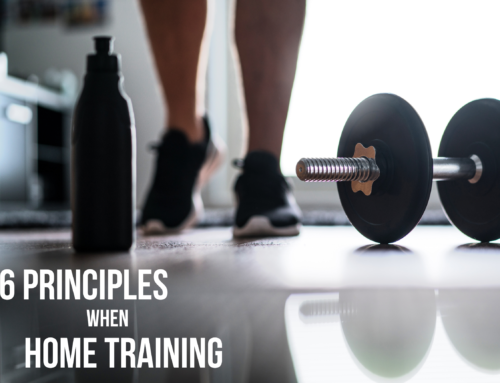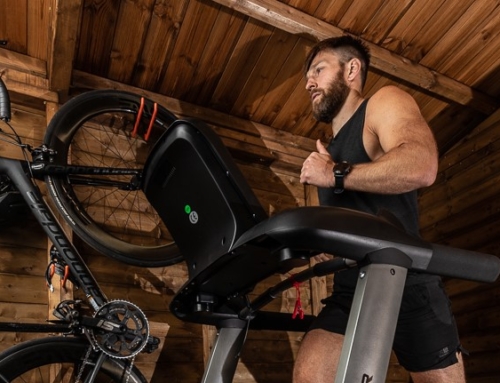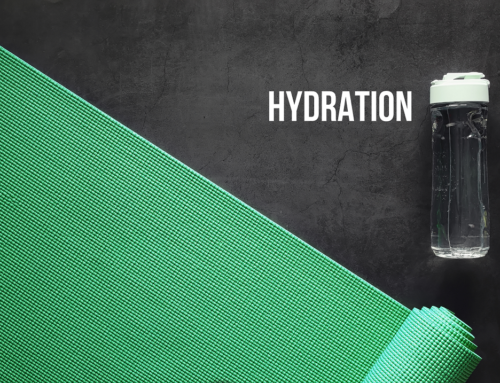Sleep is one of the most powerful sport enhancing products on the market. And the best thing is…it’s completely natural and it’s free. Win.
Whether you like to run, walk, jog, do yoga or go to the gym, a good night of sleep is paramount for optimal performance. Sleep is the body’s time to repair itself from the physical stress it goes through during the day. Quite simply, better sleep equals better recovery.
Working out on no sleep means your body hasn’t fully recovered from your workout the day before. And if you put your body through another strenuous workout after not getting a good night’s sleep, the effects will only begin to multiply.
Here are my top tips to getting a good night’s sleep, which will in turn maximise your workouts:
1. Cool Down
Studies have shown that for you to sleep well, your brain must drop its temperature. If you look at our ancestors, hunter gatherers would sleep two hours after night began as that’s when temperatures started to drop. They would wake up about 30 minutes before sunrise due to temperatures starting to increase.
To help drop your temperature, sleep with less clothes or even naked, while keeping your hands and feet warm to move the blood away from your core and out to the surface. Warm baths before bed are also great. A warm bath will cause vasodilation (that’s when you get rosy cheeks and red skin), which causes all of the blood to rush to the surface. When you get out, you have a big drop in your core body temperature, which causes you to get dozy.
2. Consistency
Work on going to bed and waking up the same time every day. This means weekends too!
3. Turn the lights down or off
During the last hours of the day, turn most of the lights in your house off or down. Try not to use your phone or computer for around one hour before bed. The light affects your natural release of melatonin.
4. Eat till you’re 80% full
Don’t go to bed too full or too hungry. Eat around 2-3 hours before bed. Furthermore, reduce sugary food before bed as this is a form of stimulant and will cause less deep sleep and makes your sleep more fragmented throughout the night.
5. Exercise
Daily exercise is a great way to tire the body out – but don’t exercise a few hours before you plan to go to bed. This is because your body needs time to come down from the workout to get into rest mode.
If you work out in the evening, say 6-8pm, try to avoid pre-workout drinks or caffeine. These will keep you awake even after you think the effects have worn off.
6. De Stress
Try to reduce stress – this will help your body and mind relax. It’s hard to sleep when your body is tense and your brain won’t stop churning out thoughts, especially negative ones. A good way to reduce stress is through mediation. Practice meditation to calm the mind. There’s a reason people have been practicing meditation for thousands of years. It works!
7. Melatonin
Melatonin is the hormone that helps your body know when to sleep and when to wake up. Taking melatonin supplements hasn’t actually been proven to help with sleep if you are stable in your time zone. It is created naturally by our bodies, so when we travel between time zones and throw off our daily rhythm, our body produces it at the time it should have in the last time zone – the cause of jetlag. This is the only time you should really use melatonin.
Get ready for a good night’s sleep!
Lee.




